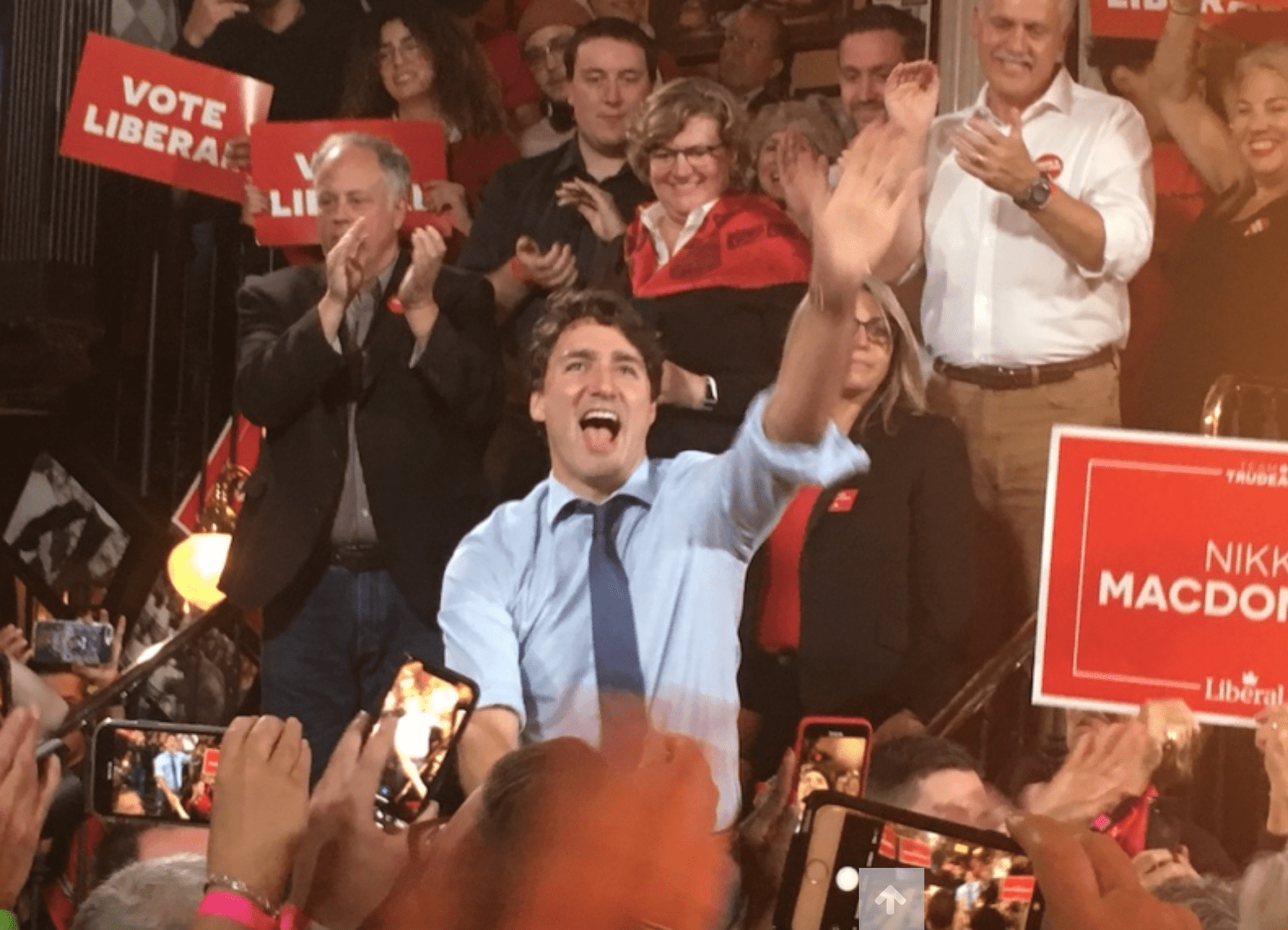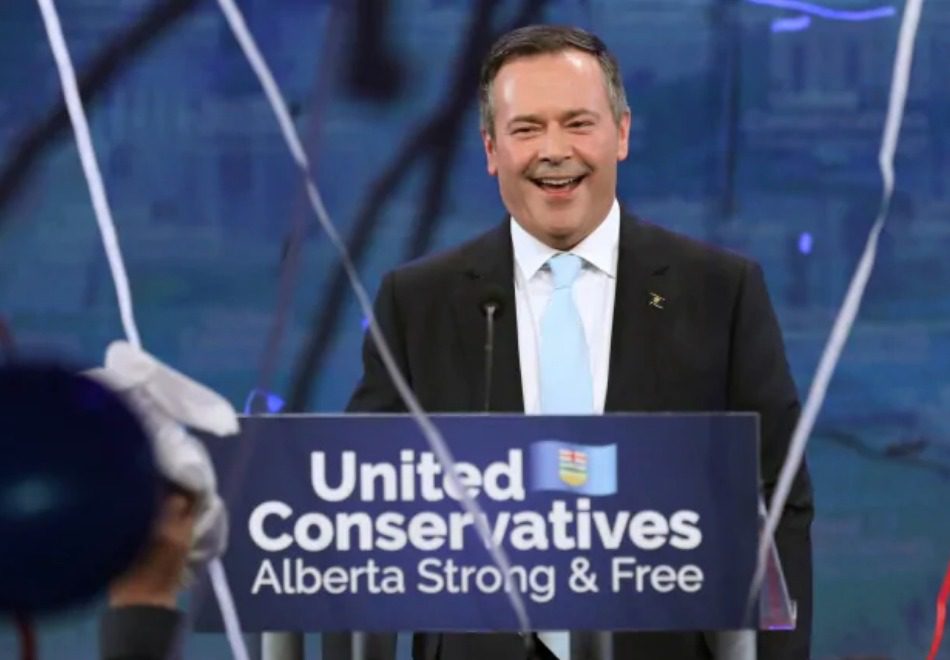Predictions are often a fool's errand. Then again, they pay me to make them.
Looking back over last year's, I think I did pretty well for the first few months of the year in terms of the cut and thrust of Canadian politics — that is, until the pandemic hit and upended all possible predictability.
I did get one thing almost spot on last year. I wrote, "Donald Trump, will be acquitted by the Senate in the impeachment trial, despite losing two Republican votes, and he and Mike Pence will face off against Elizabeth Warren and Cory Booker. They will be trounced in terms of the popular vote by over 5 million, and Warren will eke out a narrower win in the Electoral College."
Other than the fact it was Joe Biden and Kamala Harris on the Democratic ticket, that was nearly spot on.
So what on earth will happen in 2021?
Let me hazard a few guesses.
My gut tells me there will not be a federal election. I'm going against the grain here, but I think at the end of the day, the Liberal caucus can handle a supplicant NDP propping up a de facto majority more than they could be led into rolling the dice to gamble on gaining a majority. Call me a Boy Scout, but my sense is the chance to get some good things done is more tempting than risking one's seat chasing majority redemption for the PM's campaign brain trust.
It also seems clear that Ontario Premier Doug Ford is about to turn on the spending taps as the province struggles through the second wave this winter — starting with grants for small businesses and parents. Ford's Tories have a unique problem: their increase in popularity has come by appealing to suburban women — traditionally a Liberal demographic — even as the Tories shed support amongst their rural, male base. They need to find a way to solidify the new votes they've gained whilst rebuilding their connection to their diehards.
Beyond that, vaccines will roll out and there will be a cottage industry in catching elected officials tripping up or flaunting their own guidelines.
We are also staring down the barrel of looming crises that could trip up our recovery.
The first is the spectre haunting our transit systems: their business model is (regrettably) based on the fare box, and those revenues have dried up, and employees have been let go to compensate at record numbers. As we eventually transition back to work, we will need the transport systems operational.
At the same time, we need to learn the lessons of past recessions and avoid double dips that could come if we ease up on stimulus too soon (see FDR, circa 1937). This means the need for infrastructure spending and shovel ready projects — from transit to rural Main Street revitalization to greening public infrastructure — must be given priority.
Finally, and relatedly, since austerity is a siren song, we'll begin to see debates over how to pay for the massive spending required this year to stabilize the economy during lockdown and the stimulus required to juice the economy as we come out the other side of this crisis.
Look for a resurgent United States to begin to lead global macroeconomic discussions, and the left to clamour for increases taxes on the wealthy (in Canada, an inheritance tax might be considered) as a means to cover our costs.
Here's hoping, regardless of what 2021 holds precisely, it is better and brighter than 2020. Now, if you'll excuse me, I think ending this horrible year calls for a stiff martini.
Photo Credit: CBC News








